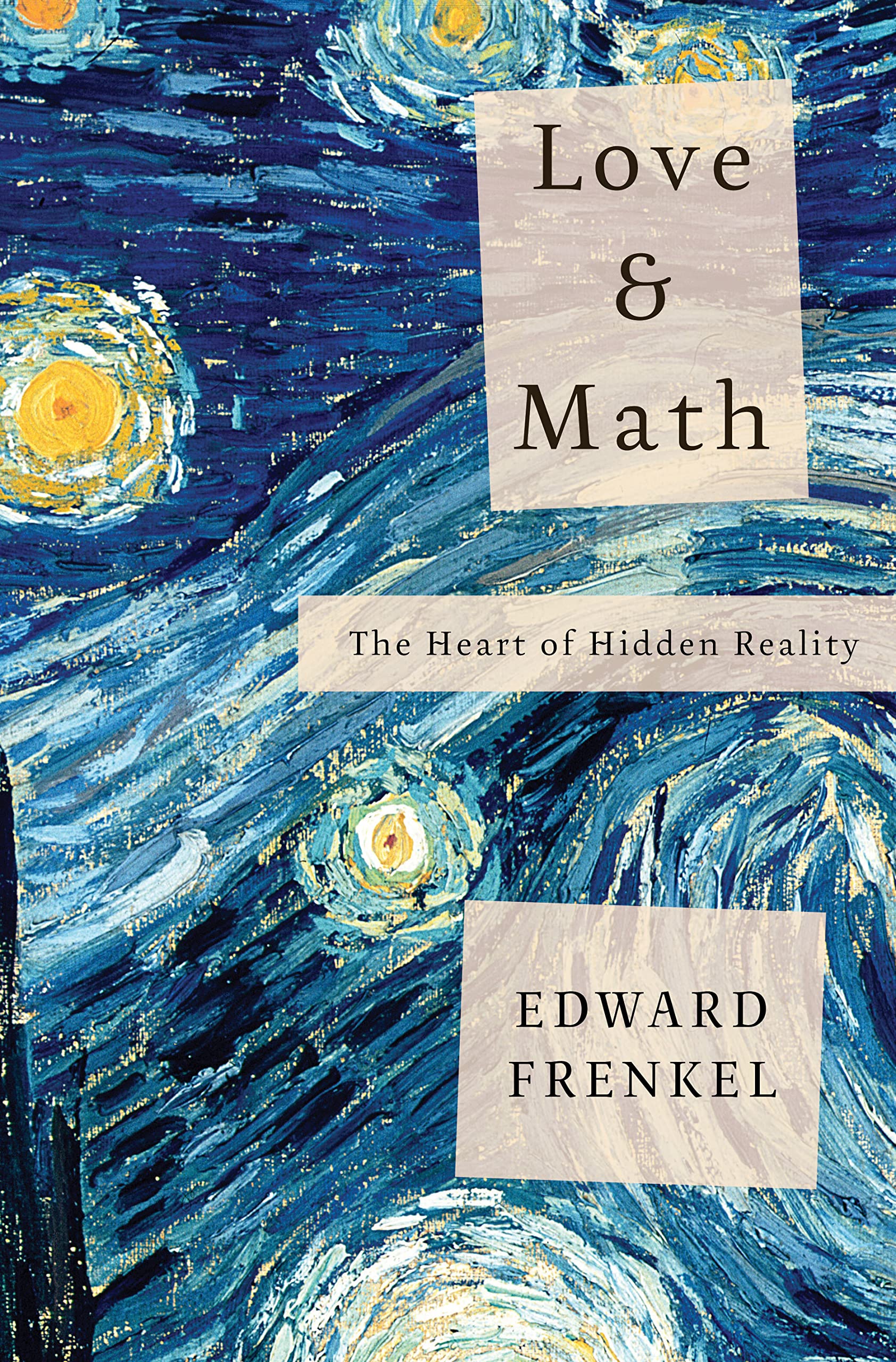http://www.amazon.com/Love-Math-Heart-Hidden-Reality/dp/0465050743 Love and Math: The Heart of Hidden Reality by Edward Frenkel It's definitely my favorite book of 2013.
http://www.amazon.com/Love-Math-Heart-Hidden-Reality/dp/0465...
The statement of the Shimura-Taniyama-Weil conjecture must have sounded crazy to its creators. . . . the idea that this was true. . . must have sounded totally outrageous at the time. This was a leap of faith, in the form of a question that [Taniyama] posed at the International Symposium on Algebraic Number Theory held in Tokyo in September 1955.I've always wondered: what did it take for him to come to believe that this wasn't crazy, but real? To have the courage to say it publicly?
We'll never know. Unfortunately, not long after his great discovery, in November 1958, Taniyama committed suicide. He was only thirty-one. To add to the tragedy, shortly afterward the woman whom he was planning to marry also took her life, leaving the following note:
We promised each other that no matter where we went, we would never be separated. Now that he is gone, I must go too in order to join him.. . . In his thoughtful essay about Tayniyama, Shimura made this striking comment:
Though he was by no means a sloppy type, he was gifted with the special capability of making many mistakes, mostly in the right direction. I envied him for this, and tried in vain to imitate him, but found it quite difficult to make good mistakes. (94)
—Edward Frenkel, http://www.amazon.com/Love-Math-Heart-Hidden-Reality/dp/0465... and Math: The Heart of Hidden Reality, which is recommended.
What mistakes have you made lately?


Such a great book for people who love math. The end of the book gets a little bit hairy with more complex subjects but it is a great story from Mr Frenkel of going from school to working on the Langlands Project - toted as the rosetta stone for math. Defiantly a must read for anyone who wants to get into mathematics as a career